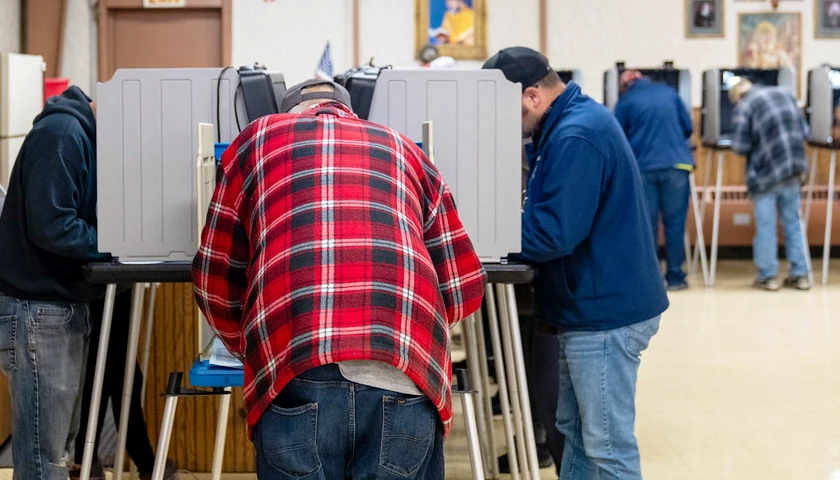The Buckeye Institute says Ohio should end the collaborative supervision requirements that prevent advanced practice registered nurses (APRN) from offering the medical care they have been trained and licensed to provide.
The institute made its argument in a statement, available here.
The memo, titled “Policy Solutions for the Pandemic: Lifting Restrictions on Nurses to Fight COVID-19, is here.
“The Buckeye Institute has consistently argued and testified that ending restrictive collaboration agreements will help patients receive more affordable health care,” said Rea S. Hederman Jr., executive director of the Economic Research Center and vice president of policy at The Buckeye Institute.
Advanced practice registered nurses (APRN) receive additional training in nursing school to administer more medications and tests. Recently, Ohio has removed some—but not all—barriers that keep APRNs from offering all of the medical care that they are trained to provide. Unfortunately, Ohio still requires that nurses, even APRNs, only practice under physician supervision. This “collaborative supervision” requirement needlessly increases health care costs and reduces available care.
This new memo builds on the recommendations The Buckeye Institute made last month, which The Ohio Star reported on.
That recommendation, “Policy Solutions for the Pandemic: How Ohio Can Fight the Impact of Coronavirus,” outlined immediate actions Ohio policymakers can take to ensure Ohio is ready to fight and recover from the pandemic. That report is here.
Ohio adopted a number of Buckeye’s recommendations that will boost the state’s health care system and support Ohio’s workers, small businesses, and economy, the institute said. Ohio has increased telehealth access and monitoring, extended universal recognition of out-of-state medical licenses to doctors and physician assistants, eliminated unnecessary budget commitments, instituted a hiring freeze in state government, enlisted medical and nursing students to support doctors and nurses fighting COVID-19, and has allowed establishments with an existing liquor permit to sell alcohol on carryout menus.
The Ohio Liquor Control Commission passed an emergency rule that allows restaurants to sell and deliver alcohol with take-out and delivery orders, The Star reported.
The rule only applies to establishments with an existing on-premises liquor permit and has restrictions on quantity.
– – –
Jason M. Reynolds has more than 20 years’ experience as a journalist at outlets of all sizes.





